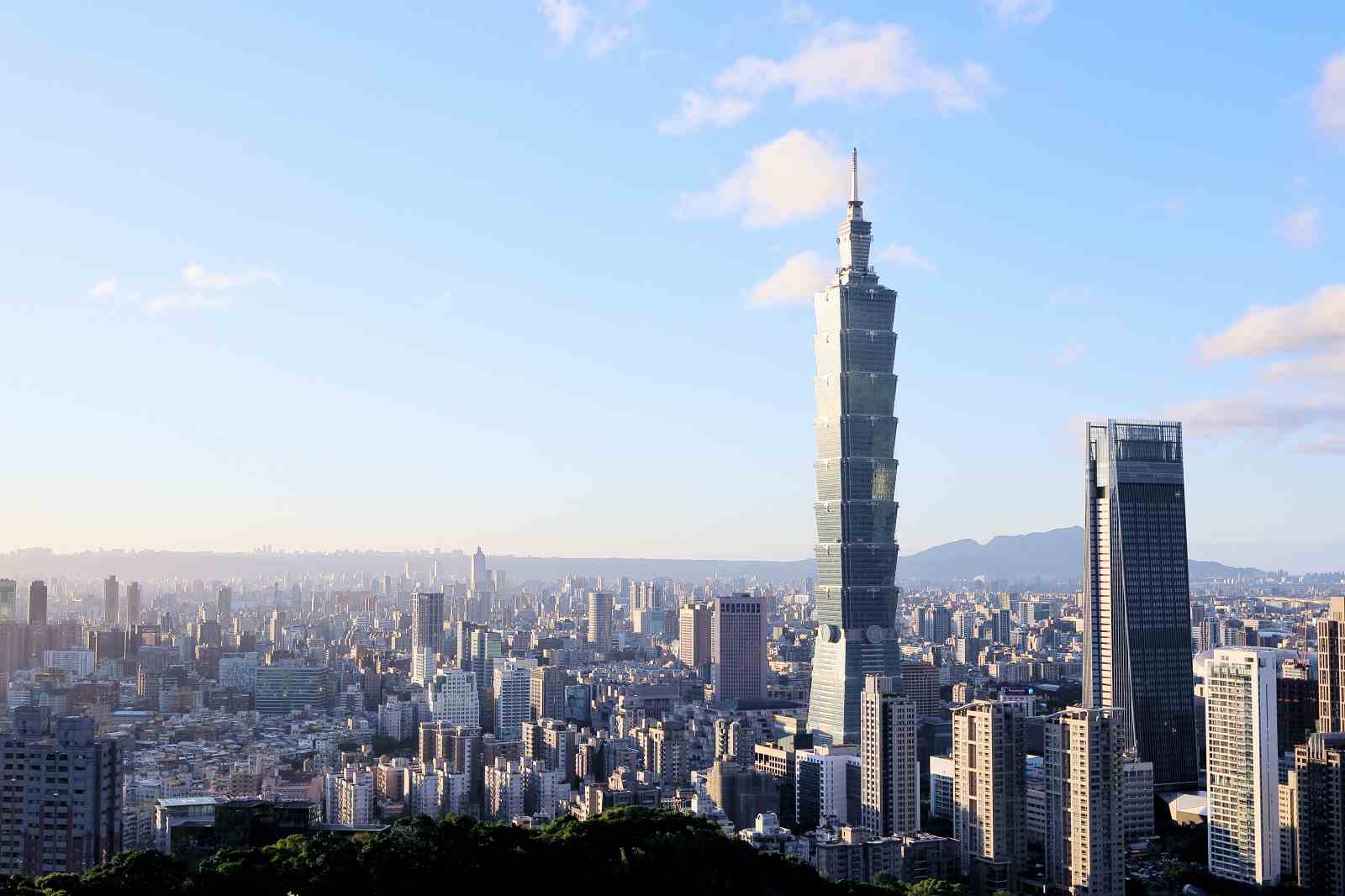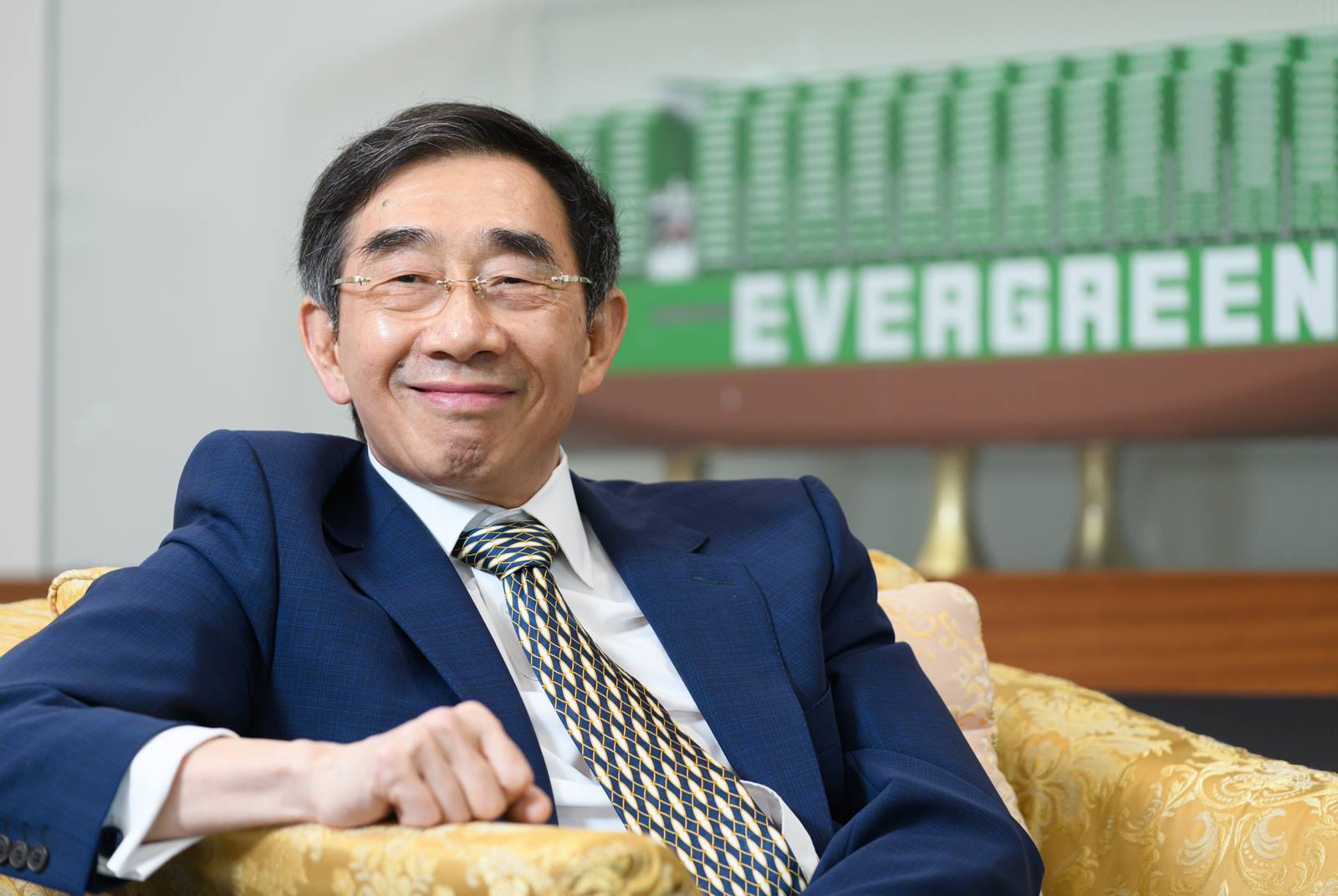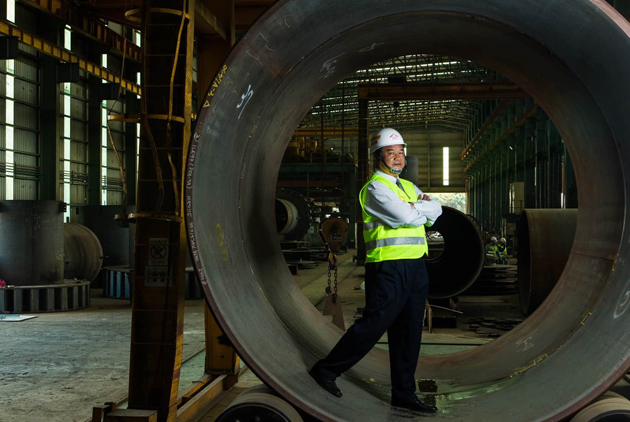Taiwan's Most Admired Entrepreneurs
Soft Power Affirmed: Cher Wang Joins the Top 10

Source:CW
Some new faces have emerged among Taiwan's Most Admired Entrepreneurs, as the rise of Cher Wang and Stanley Yen symbolize an increasing recognition of Taiwan's soft power.
Views
Soft Power Affirmed: Cher Wang Joins the Top 10
By David HuangFrom CommonWealth Magazine (vol. 457 )
That women have taken their place at the top echelon of Taiwanese business is now an undeniable fact. For the first time in the 16 years since its inception, a woman has broken into the top ranks of CommonWealth Magazine's annual survey of "Taiwan's Most Admired Entrepreneurs." She is Cher Wang, the driving force behind two of Taiwan's priciest and most profitable stocks, first with chip designer VIA Technologies Inc. and now with smartphone maker HTC Corp., both of which have prompted serious notice of Taiwan's technology sector internationally.
Upon hearing of Wang's breaking into the prestigious top ten Most Admired list, Chunghwa Telecom chairman and CEO Shyue-ching Lu responded: "That's marvelous. My congratulations to her."
With the advent of the smartphone era, Lu is in frequent personal contact with Wang and husband Wen-chi Chen as a result of cooperative business arrangements. During leisure hours, Wang and Chen will also head over to Chunghwa Telecom's tennis courts for a little tennis with Lu.
"She's extremely open-minded," Lu says.
Indeed, according to the results of the mutual evaluations among Taiwan's business executives, in terms of "visionary strategic thinking and capacity for innovation," Wang scored 91 points, second only to Mediatek chairman Ming-kai Tsai's 96, as the Taiwanese business community publicly acknowledged them as the two entrepreneurs in Taiwan most capable of innovation.
Flexible Management to Steer a Global Workforce
Wang is adept at using a global workforce, and currently one in every ten HTC employees is non-Taiwanese. Ralph Liu, Trend Micro's former Asia-Pacific regional president and current president and managing partner for Green and Associates Management Consulting Co., Ltd., has in-depth experience in employing a foreign workforce. Absent a mature, comprehensive management system, one simply cannot employ so many foreign workers, Liu says.
"You might not even know where to find the talent, how much to pay them or how to balance discrepancies in compensation between foreign and Taiwanese workers," Liu says.
Flexibility and a market-competitive compensation system are a key reason behind HTC's success. As HTC software engineer Peng Hsiang-yuan notes in a corporate testimonial, at HTC one can relax and focus on work without worrying about anything, as HTC is a company that's willing to share profits with employees.
During meetings, Wang is only interested in focusing on the big picture and rarely delves into minor details, leaving the minutiae of daily management to HTC president and CEO Peter Chou. Wang's main focus is largely on external corporate relations. In recent years she has spent much of her time managing relations with China's telecom industry. Her familiarity with those in China's Ministry of Industry and Information Technology and the National Development and Reform Commission also keeps HTC abreast of the developmental direction of China's top three telecom businesses, which is hugely beneficial in helping HTC formulate its China strategy.
Rise of Soft Power Redefines ‘Made in Taiwan'
In producing its list of Taiwan's ten most admired businesspeople each year, CommonWealth Magazine solicits evaluations from Taiwan's top entrepreneurs based on 10 benchmarks, including management capability and operational performance. This year Taiwan Semiconductor Manufacturing Corp. chairman Morris Chang and Hon Hai Group chairman Terry Gou remained at the top of the list as in years past, ranking first and second, respectively. They were followed by Acer Group founder Stan Shih, Delta Electronics chairman Bruce Cheng, Yulon Group CEO Kenneth Yen, Mediatek chairman Ming-kai Tsai, Chi Mei Group founder Hsu Wen-lung and Uni-President Group chairman Kao Chin-yen. While those names are all annual fixtures on the list, this year included two new faces, Cher Wang and Landis Hotel and Resorts Group president Stanley Yen. (See Table )
The ten entrepreneurs at the top of the list collectively wield control over about NT$6 trillion in market capitalization on the Taiwan Stock Exchange, approaching one-third of the country's total market capitalization. They manage companies in a range of sectors broadly influencing Taiwan's overall industrial development, from the trillion-Taiwan-dollar semiconductor and video display industries to the "six key emerging industries" the Taiwanese government is currently keen to promote.
Stanley Yen, who frequently voices his views on Taiwan's tourism industry and almost single-handedly built the Landis empire, is known for his unyielding and exacting standards of service. At the Landis Taipei on Minquan East Road, where the doormen are clad in heavy formal attire resembling Danish guards even on the hottest days, their cheerful, courteous service remains undiminished even when bathed in sweat.
"From this list it's apparent that Taiwan's soft power is now gradually receiving affirmation, whether in branding innovation or quality of service," says Green and Associates' Ralph Liu. That HTC was able to find success with its own brand of mobile phones is quite an achievement. Numerous other Taiwanese technology firms are producing their own business-to-business brands, like TSMC's chip foundry operations and Hon Hai's electronic manufacturing services, while Delta Electronics has successfully forged its own eco-friendly brand. These are all strong suits that are indispensable to Taiwan, Liu contends.
Despite worker suicides in China, Terry Gou's Hon Hai once again resides atop the computer industry. As former National Taiwan University College of Management dean Chang Hong-chang puts it, for a huge company of 800,000 employees to be devoid of any management problems would be an impossibility. This could be an opportunity for Hon Hai to strike a new balance between the two extremes of autocratic and democratic management styles, Chang says.
Succession Issues Biggest Private Concern
The one concern both Ralph Liu and Chang Hong-chang share as regards this list, however, is the need for Taiwanese businesses to confront their corporate succession issues early on.
Ralph Liu of Green and Associates, which has half of its business concerns focused in China, points out that, according to statistics, the average age of the CEOs at China's top 100 private enterprises is less than 40, while the average age of the leaders of Taiwan's flagship industries is more than 50. This is a major concern for the sustained development of these companies. Liu says Taiwan's 50-70 year-old corporate leaders are now agonizing over their choice for a successor.
Chang Hong-chang believes Stan Shih has been the most successful among Taiwanese entrepreneurs in this regard, having succeeded in passing BenQ and Acer on to the next generation, even appointing the Italian Gianfranco Lanci as president and CEO. The succession efforts of Morris Chang and Terry Gou, in contrast, do not seem to have gone so smoothly. For a corporation that seeks continued survival, technology and market share are not really the key – the key lies in quality personnel, he says.
Translated from the Chinese by Brian Kennedy





